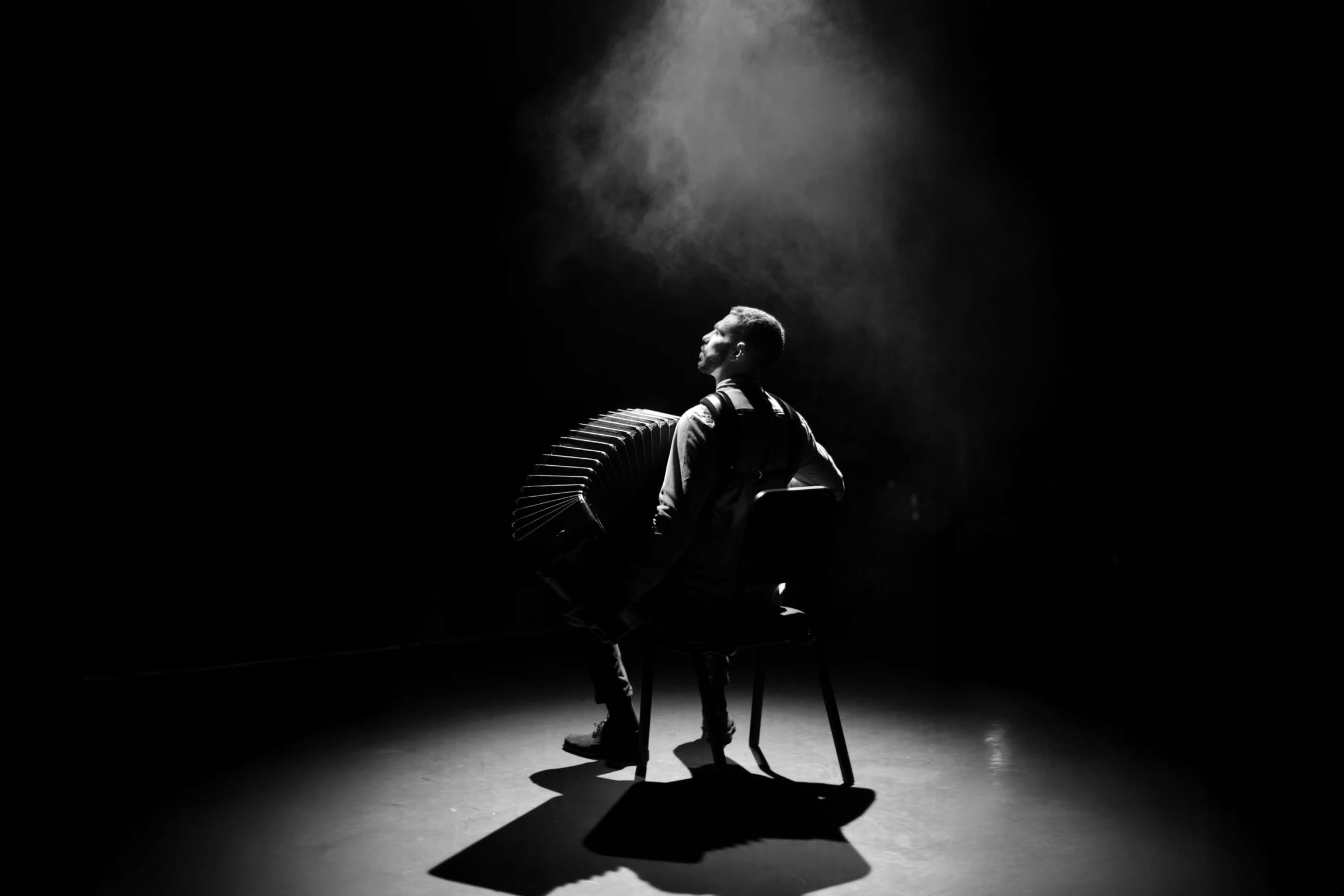Classes & activities
Core Modules
Undergraduate students take weekly academic classes in addition to their principal study. The classes are designed to complement and add to every student’s creative development as performers.
BMus Core Modules, Years 1 and 2
-
Principal Study
Principal Study is the core of your programme. It is taught in individual lessons with your Principal Study Professor and through a range of activities organised by your Department.
-
Analytical Skills
The module provides a grounding in the basic materials of tonal common-practice harmony and counterpoint, and the analysis of smaller-scale musical form.
-
Aural Skills
Aural Skills develops the skills necessary to receive, form, understand and use musical structures in your inner ear, thus giving your performance authentic power and expressive meaning.
-
Contexts for Performance
This module in year 1 develops your understanding of the broader social and cultural contexts of the repertoire and performance practices of Western music from ca. 1600 to 1850. You will explore the stylistic and cultural significance of music at different times and in different places; become more familiar with composers, performers and musical institutions that have shaped music throughout history; and gain a broader understanding of the different ways music has participated in ideas, events and changes in society more widely. In the second year, Contexts for Performance in year 2 develops your understanding of the broader social and cultural contexts of the repertoire and performance practices of Western music from ca. 1850 to the present day.
-
Repertoire
This module focuses on 20th and 21st century repertoire and explores a number of pathways that might include for example, what is 'modernism', possible mergence of underrepresented voices, the influence of non-classical genres, vocal composition, commercial music theatre, etc.
BMus Elective Modules; Year 3 and 4
The modules listed below will vary slightly each year in response to student needs and the evolving musical world.
-
Analysis of Post-Tonal Music
-
Attentive Listening
-
Aural Skills, Further
-
Baroque Performance on Historical Instruments
-
Baroque Performance Vocal
-
British Music and Culture
-
Compositional Techniques of the Germanic Traditions c.1780-c.1880
-
Concert Programmes and Programming
-
Conducting, Intermediate or Advanced
-
Contemporary Music Workshop
-
Free Composition for Performers
-
Fugue
-
A History of Keyboard Music
-
Italian Opera from Rossini to Puccini
-
Keyboard Skills, Advanced or Creative
-
Landscapes of Postwar Music
-
Methods in the Analysis of Tonal Music
-
Musical Culture and Aesthetics
-
Open Academy: An Introduction to Community and Participation
-
Open Academy: Leadership Skills
-
Musical Culture and Aesthetics
-
Orchestration
-
Performing Baroque Music
-
Performing Experimental Music
-
Repertoire Studies
-
Research Project
-
Responding to the Music of Bach
-
Russian Music
-
Song Accompaniment
-
Silent Film Improvisation
-
Transcription and Arrangement
Department Classes
And Activities
Principal Study is the core of your programme. It is taught in individual lessons with your Principal Study Professor and through a range of Artist Development activities organised by your Department. You receive one hour of individual tuition per week.
You may well also take a Related Study instrument (for example, the sackbut for a trombonist or the natural horn for a horn player). It may be possible for you to take an additional Second Study (such as piano for a trumpeter), but competition for the limited provision of Second Study lessons is extremely strong. Alternatively, you can apply to do this at the start of the academic year.
In addition to the weekly individual lessons, both undergraduate and postgraduate brass students participate in:
Orchestral studies
Each instrument group holds classes where you will study standard repertoire and orchestral excerpts which are a crucial part of all professional auditions. These classes are taken by Academy professors who have exceptional knowledge and professional experience.
Chamber music
Both allocated and self-generated chamber music for brass and mixed ensembles plays a major role in the Brass Department. All groups receive coaching from Academy professors and the Head of Brass, who help to guide and prepare you for assessed performances and frequent public concerts. The Academy promotes successful chamber ensembles and many current and former student brass ensembles have been given Fellowships, appointed Ensemble in Residence or given prestigious performance opportunities to support and raise the profiles of emerging brass ensembles.
Masterclasses
All brass students play in masterclasses during their time at the Academy. These performances and learning opportunities are for you to receive objective feedback on your solo playing and to observe the way an artist can guide a student in enhancing their performance. Public and private masterclasses given by distinguished artists take place throughout the year.
Performance classes
Performance classes are led by leading brass professionals several times each term. These give you an opportunity to experiment and explore communication skills in solo repertoire and to receive direct feedback about all aspects of your performance.
Symphonic Brass Ensemble
Held once or twice each term, this ensemble regularly performs both within the Academy and in venues throughout London. The ensemble has made several successful recordings and occasionally goes on tour.
Discovery events
Discovery Events are the perfect way to find out more about the Academy and whether it’s the right place for you.
